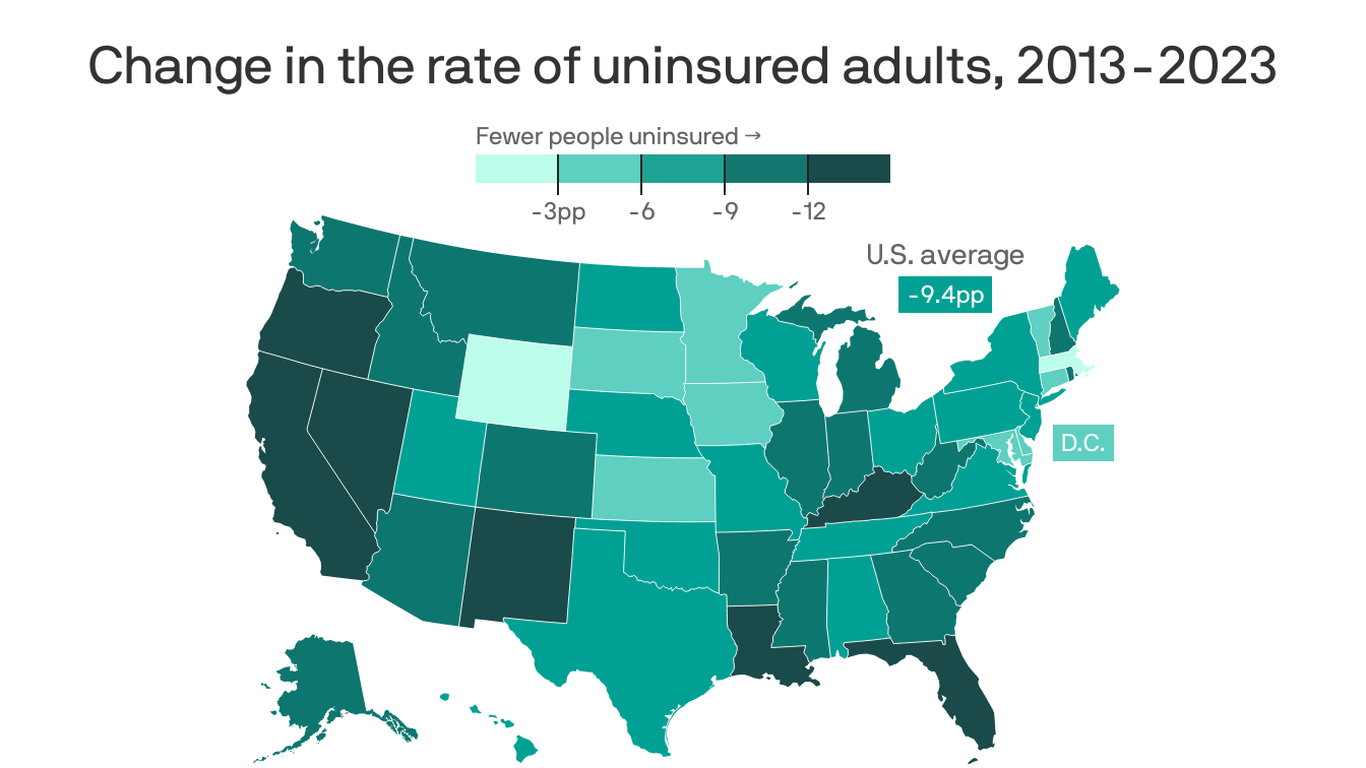Global healthcare systems face challenges today that impose an enormous burden. It’s a familiar litany of problems: Populations are aging; chronic diseases are rising; and as we know from recent history, infectious diseases can still have a devastating impact around the globe.
All this piles incredible pressure onto nurses and doctors, with healthcare systems struggling to cope given the widespread shortage of trained staff. Add to this that healthcare costs are rising, and it’s little wonder that countries around the globe are finding it tough to deliver the quality healthcare that the public demands.
Policy makers know that the solution will involve the smart application of artificial intelligence (AI). It has a proven ability to improve diagnostic accuracy and enable the early detection of disease, while treatment plans for patients can be personalized and administrative tasks streamlined.
AI can be used to improve diagnosis and treatment of people that have felt overlooked in the past, including women—who make up most of the population. Educational institutions that teach medicine are looking at how AI can be integrated into the training of future nurses and doctors. The potential of AI to deliver impactful solutions and improved patient care is therefore recognized, but can it be the cost solution for healthcare systems?
Philips, which for many years has been at the forefront of developing medical products and services in areas including diagnostic imaging, ultrasound, and image-guided therapy has been exploring the use of AI to address these challenges. As Shez Partovi, Chief Innovation & Strategy Officer at Philips explains:
“With aging populations and longer waiting times for patients, we need to develop credible solutions. Philips has been harnessing AI to increase scan detection rates, lower the burden on staff, and improve diagnosis. Key to the future success of health systems is delivering value and creating partnerships for change.”
Philips has identified the potential for AI to make cost effective changes both on the clinical and operational side of healthcare systems. Examples include streamlining workflows and operations, providing clinical insights, expanding access to patient care, and supporting personalized healthcare. The result enables clinicians to see more patients, diagnose disease earlier, and deliver higher quality of care. This leads to patients recovering faster and spending less time in hospital, making treatment cheaper, and lowering the cost of healthcare per patient.
Yet AI on its own is not enough—Philips believes that the key lies in combining AI with the very human skills and experience that one will find in hospitals and clinics:
“The aim is to create solutions that integrate into the workflows of healthcare providers and people’s daily health routines. Something must be done or we risk being the first generation facing a healthcare system worse than previous generations.”
Another advantage we are seeing with the AI solutions that Philips can deliver is the ability to provide quality care from hospitals into homes, increasing access to vital care in a range of settings. This includes the ability to detect different types of heart issues early on, putting care in the hands of patients whilst clinicians can monitor issues and manage diagnoses more effectively.
“In our view, AI is about supporting healthcare providers in their daily decision making, improving operational efficiency so there can be more focus on patient care, and empowering the public to take more care of their own health and wellbeing.”
AI makes it so much easier for healthcare professionals to access large sets of data, enabling quicker assessment and more personalized treatment. This results in follow-up actions that have more impact, enhancing the quality of care a patient is getting, and a better outcome for that patient.
Healthcare leaders are turning to virtual care and AI-enabled innovation to address pressures in the sector such as workforce shortages, financial constraints, and growing demand. By using AI, they have turned an overload of information into meaningful insights that allow care providers to provide better care to more people.
Going forward, Philips is helping to build the strategic partnerships that will enable AI to be rolled out in such a way that healthcare systems can truly deliver to patients, while preventing burnout among staff. The company is also fostering a culture among healthcare stakeholders where the benefits of AI are fully understood and the will to implement grows ever stronger.
The genie is out of the bottle. Artificial Intelligence is poised to change health systems in countries around the world for the better by delivering cost effective solutions. But it needs buy-in and commitment from all healthcare stakeholders. They are invited to work with Philips to create a healthcare system fit for purpose in the 21st century.









 English (US) ·
English (US) ·